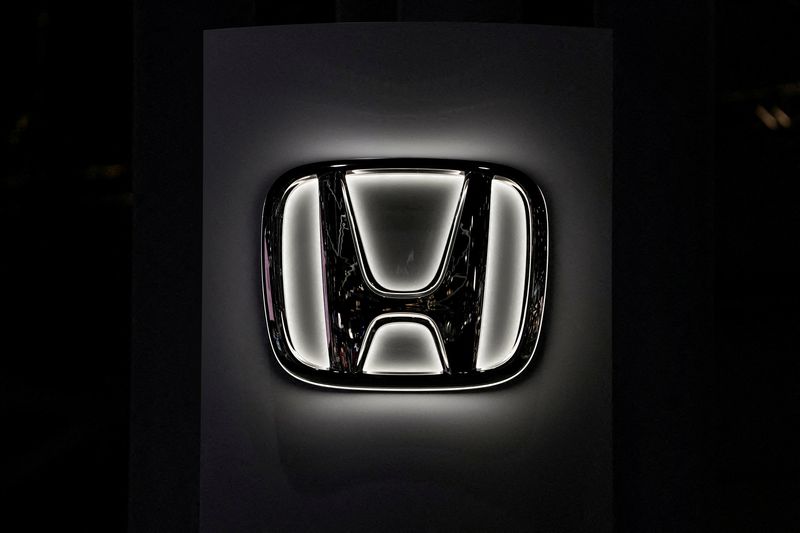(Reuters) -Honda Motor said on Friday it was implementing an 11% pay hike for production workers at its U.S. facilities from January, days after the United Auto Workers (UAW) union and the Detroit Three automakers agreed to new contracts.
The company also said it would cut the time it takes for a worker to get to the top-wage tier to three years from six, confirming an earlier Wall Street Journal report.
Non-unionized automakers such as Honda (NYSE:HMC) have come under pressure to improve pay and benefits following record contracts the UAW won at the Detroit Three automakers.
U.S. President Joe Biden, who has backed UAW efforts to negotiate higher pay for its members, credited the union for Honda's decision.
"Union auto workers own this victory," Biden said in a Friday post on X.
In Illinois on Thursday, Biden backed the UAW's efforts to unionize carmakers Tesla (NASDAQ:TSLA) and Toyota (NYSE:TM), saying all U.S. autoworkers deserve the same deal that the UAW negotiated with the Detroit Three automakers.
Honda, which began manufacturing in America in 1979, currently has 12 plants in the country which produce five million products annually.
The Japanese automaker has over 23,000 employees that help build its products in the United States.
Honda's pay hike comes after Toyota said last week it was raising the wages of its non-union U.S. factory workers.
General Motors (NYSE:GM), Ford Motor (NYSE:F) and Chrysler-parent Stellantis (NYSE:STLA) have all agreed to hike employee base wages by 25% and restore cost of living allowances (COLA) in deals with the UAW.
Union workers are now voting on contracts from each of Detroit's Big Three automakers.

The UAW has also signaled that the next step in its campaign was to capitalize on its gains in bargaining with the Detroit Three, by launching organizing drives at Toyota, Tesla and other non-union U.S. auto factories.
Honda had told Reuters it was evaluating the recent UAW deals with the Detroit Three automakers and would remain competitive.